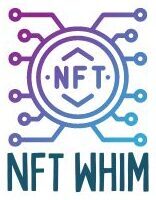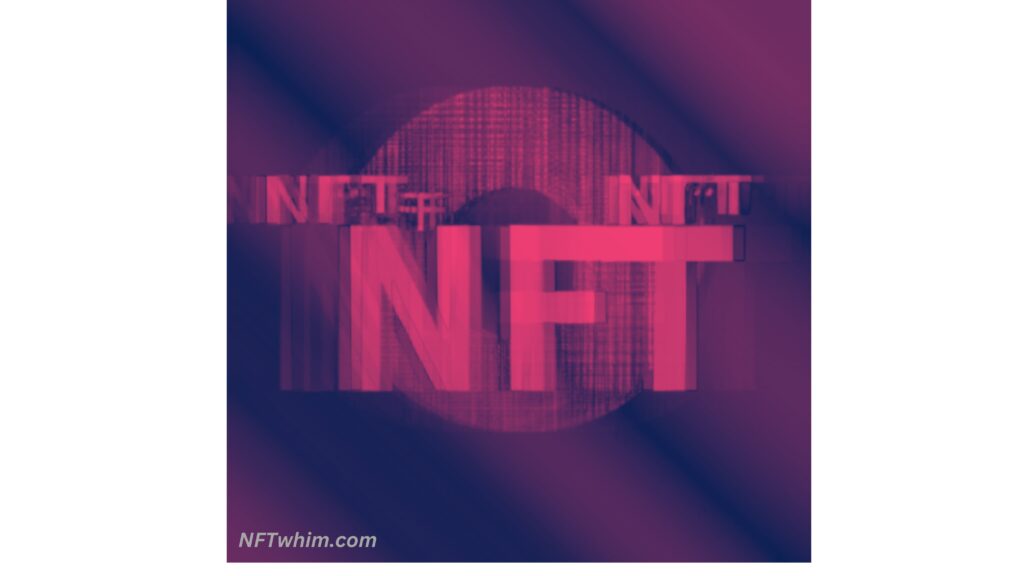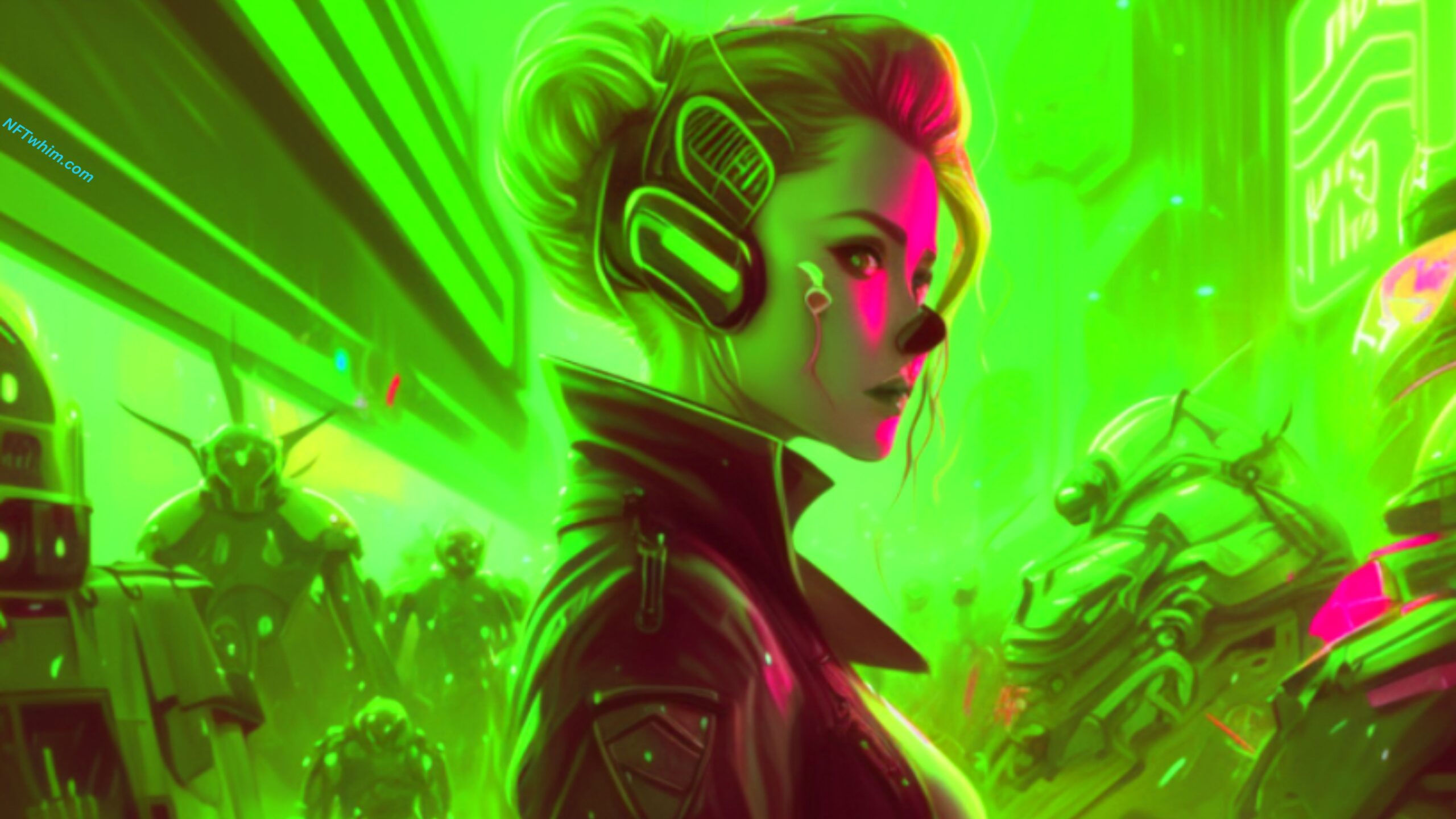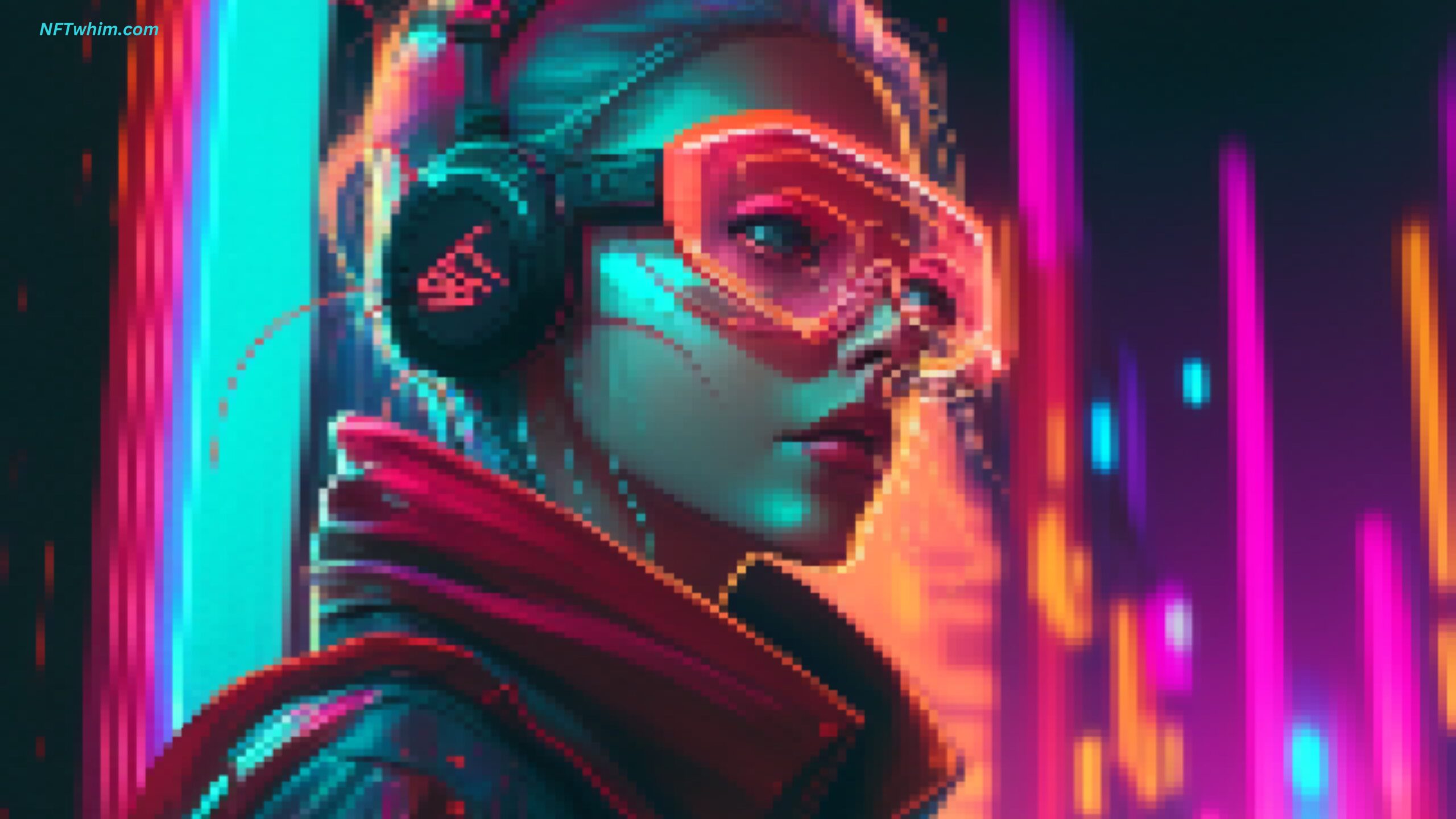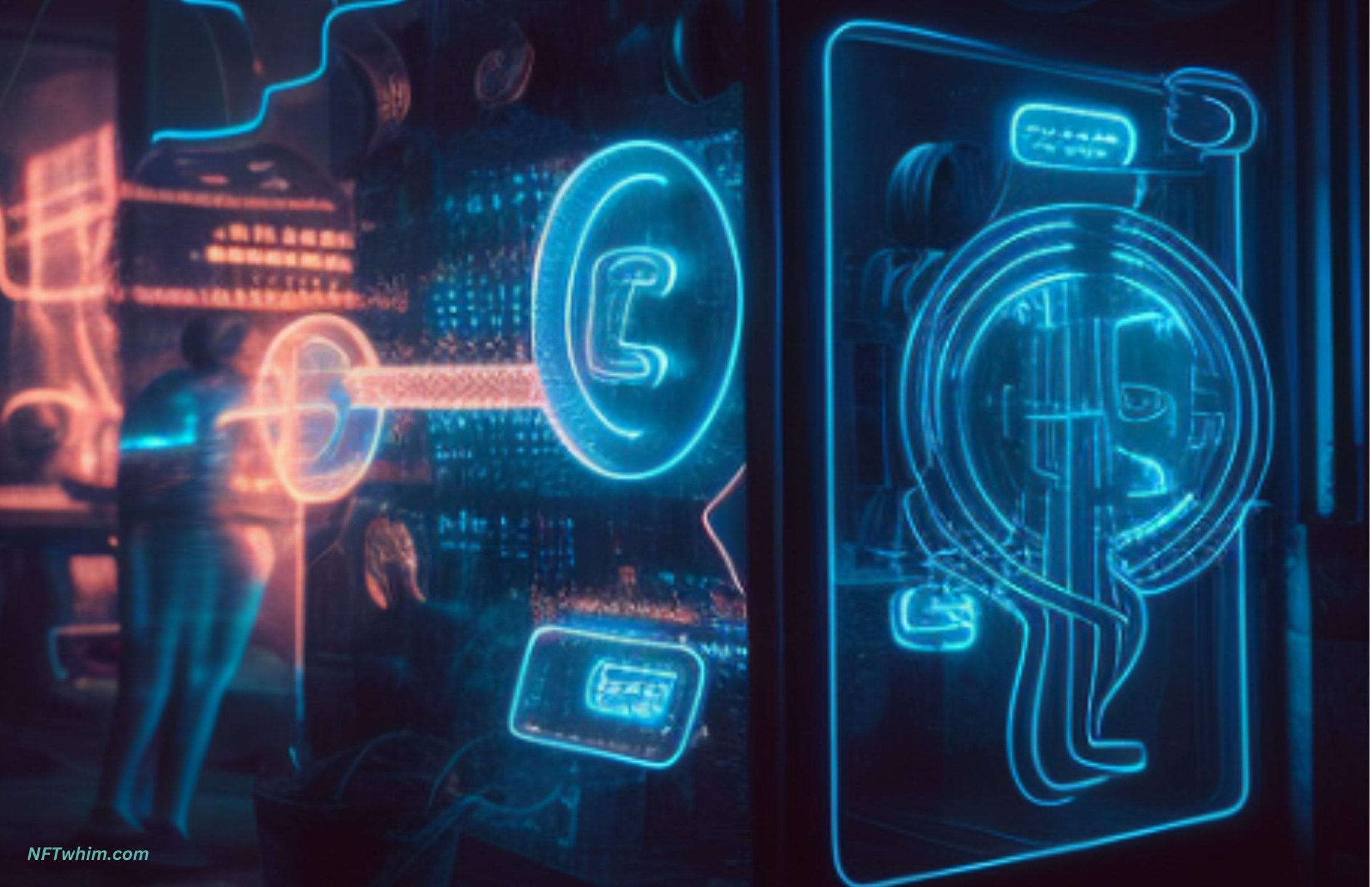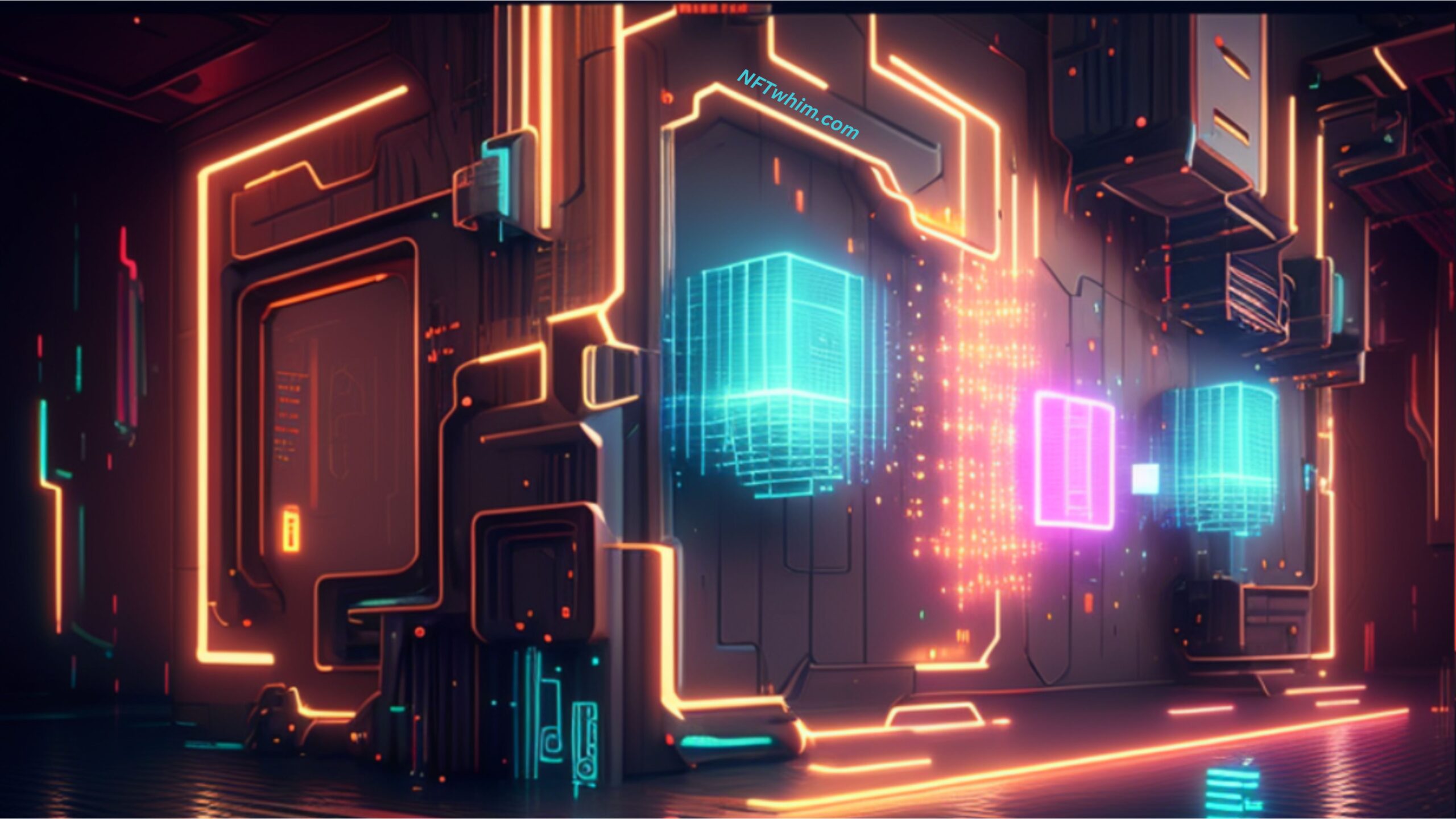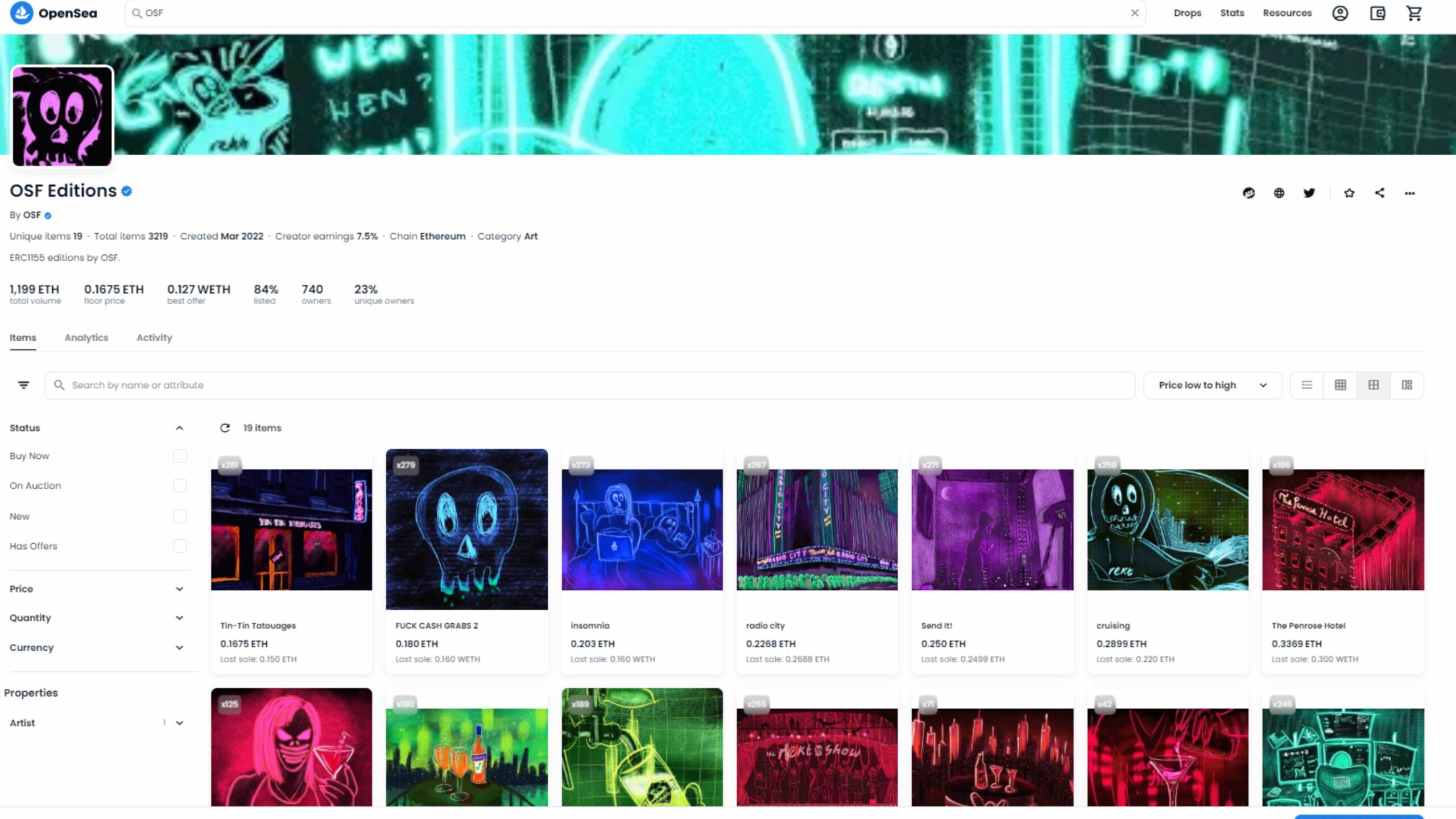Hi there! In recent years, we’ve seen a new buzzword take over the internet: NFTs. Non-Fungible Tokens have attracted attention around the web, with digital artwork, music, tweets, and even PDFs being minted into NFTs! However, this leaves many of us wondering: can actually anything be an NFT?
Anything can technically be an NFT. As long as the digital content can be stored on a blockchain, it can be turned into an NFT. This means that everything from digital photos and videos to tweets and even virtual real estate can be turned into NFTs. However, it is important to keep in mind that ownership of an NFT can be separate from ownership of the corresponding physical entity. For example, and artist selling an drawing as an NFT can still choose to retain the copyright of the physical image.
What are NFTs?
Before we can answer the question of whether anything can be an NFT, we need to understand what NFTs are. At its core, an NFT is a unique digital asset that is stored on a blockchain. It acts as proof of ownership of that digital asset, whether it be a piece of artwork, a video, a tweet, or any other form of digital content. NFTs use smart contracts, which are self-executing contracts with the terms of the agreement between buyer and seller being directly written into lines of code. This ensures that NFTs are verified, secure, and unalterable, making them a trustworthy way to authenticate digital ownership.
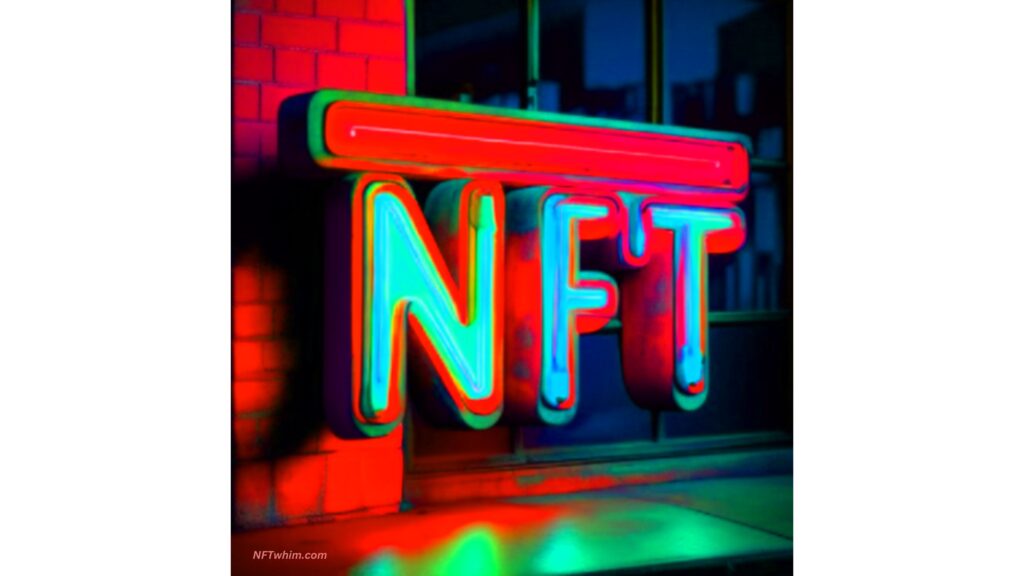
Examples of NFTs
Some of the most notable examples of NFTs include:
- The first-ever tweet by Twitter CEO Jack Dorsey, which was sold as an NFT for $2.9 million
- The Nyan Cat meme, which was sold as an NFT for nearly $600,000
- The digital artwork “Everydays: The First 5000 Days” by Beeple, which was sold for a staggering $69 million
These examples show that NFTs can be created from a wide range of digital content, and that there is significant demand for them from collectors and investors alike.
Can Anything Be NFTs?
Yes, indeed, anything has the potential to become an NFT, given that the digital asset can be recorded on a blockchain. From digital images and videos to social media posts, and even virtual real estate, all of these can be transformed into NFTs.
However, just because something can be turned into an NFT doesn’t mean it’s valuable. The value of an NFT comes from the perceived value of the underlying digital content, as well as the scarcity of that content. For example, a tweet from a celebrity might be more valuable as an NFT than a tweet from an ordinary person, simply because of the celebrity’s status.
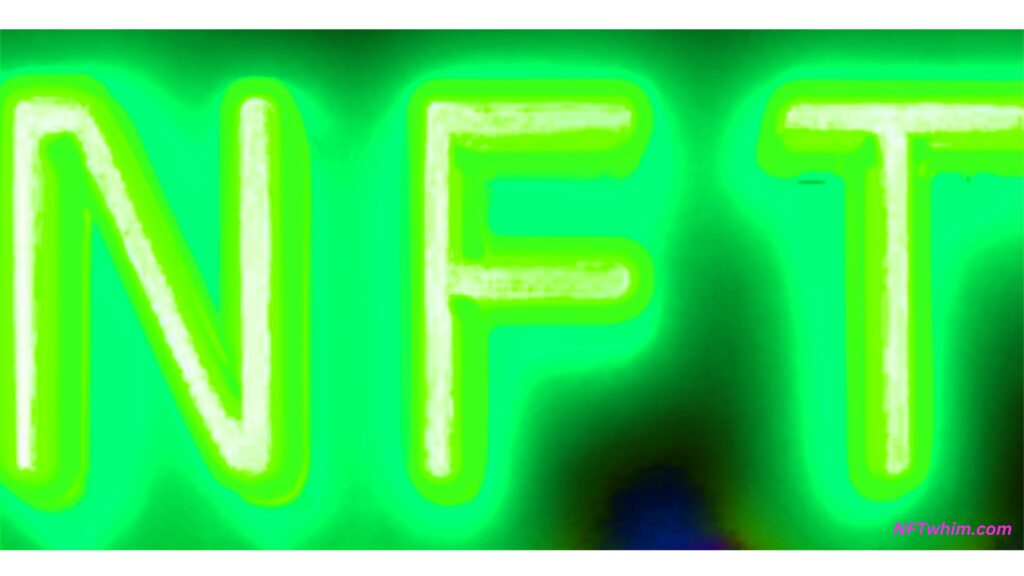
The Potential of NFTs
NFTs have the potential to revolutionize the way we think about digital ownership. With NFTs, creators of digital content can retain ownership of their work and profit from it, even if it’s shared and distributed across the internet. This could lead to a more sustainable and equitable model for creators of digital content, where they are fairly compensated for their work and are able to retain control over it.
Additionally, NFTs can serve as a way to create new revenue streams for industries that have traditionally struggled to monetize digital content, such as the music and art industries. NFTs could provide a way for artists and musicians to directly monetize their work without relying on intermediaries, which could lead to a more democratized and accessible art world.
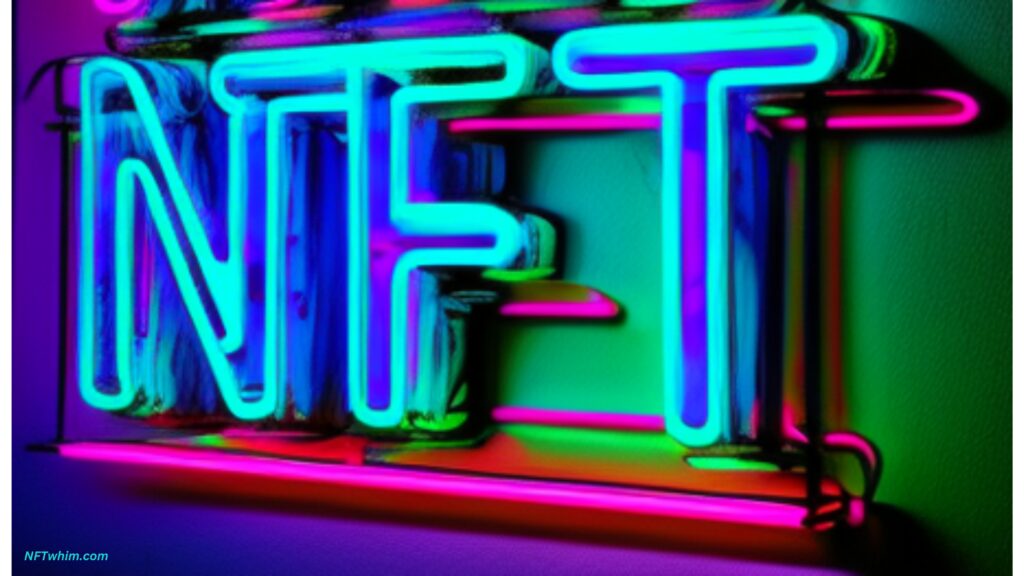
Challenges and Controversies with NFTs
While the idea of an NFT is fascinating, it’s not without its challenges and controversies. Here are some things to consider:
Copyright Infringement and creating NFTs
One of the key issues that arises when considering the potential for NFTs to be created from any digital asset is the question of copyright law. As it currently stands, copyright law offers creators of original content certain exclusive rights to control the use and distribution of their creations. This means that anyone wishing to create an NFT from a piece of digital content they did not create themselves may be infringing on the copyright owner’s exclusive rights.
There are some cases in which an NFT may be created legally from someone else’s content, such as when the copyright owner gives explicit permission for the creation of an NFT. However, in many cases, creating an NFT from copyrighted content without permission could result in legal action being taken against the creator.
It is important for individuals and companies looking to create NFTs to be aware of copyright law and to seek permission from copyright holders where necessary. While NFTs offer exciting new possibilities for the ownership and sale of digital assets, it is important to ensure that all creations are done so in a legally sound manner.
Lack of Regulation around NFTs
The NFT market is still largely unregulated, and this lack of regulation can be a double-edged sword. On one hand, it allows for more freedom and flexibility in the market. But on the other hand, it also leaves room for scams, fraud, and other unethical practices.

NFT Volatility
Like any market, the NFT market is volatile, which means that the value of NFTs can fluctuate rapidly. This volatility can make it challenging to determine the actual value of an NFT and can lead to significant financial losses for investors.
NFT Exclusivity
Finally, there is the issue of exclusivity. While the idea of owning a unique digital asset is appealing, the reality is that NFTs are still an exclusive market. The most valuable NFTs are often sold for millions of dollars, which is well beyond the reach of the average person.
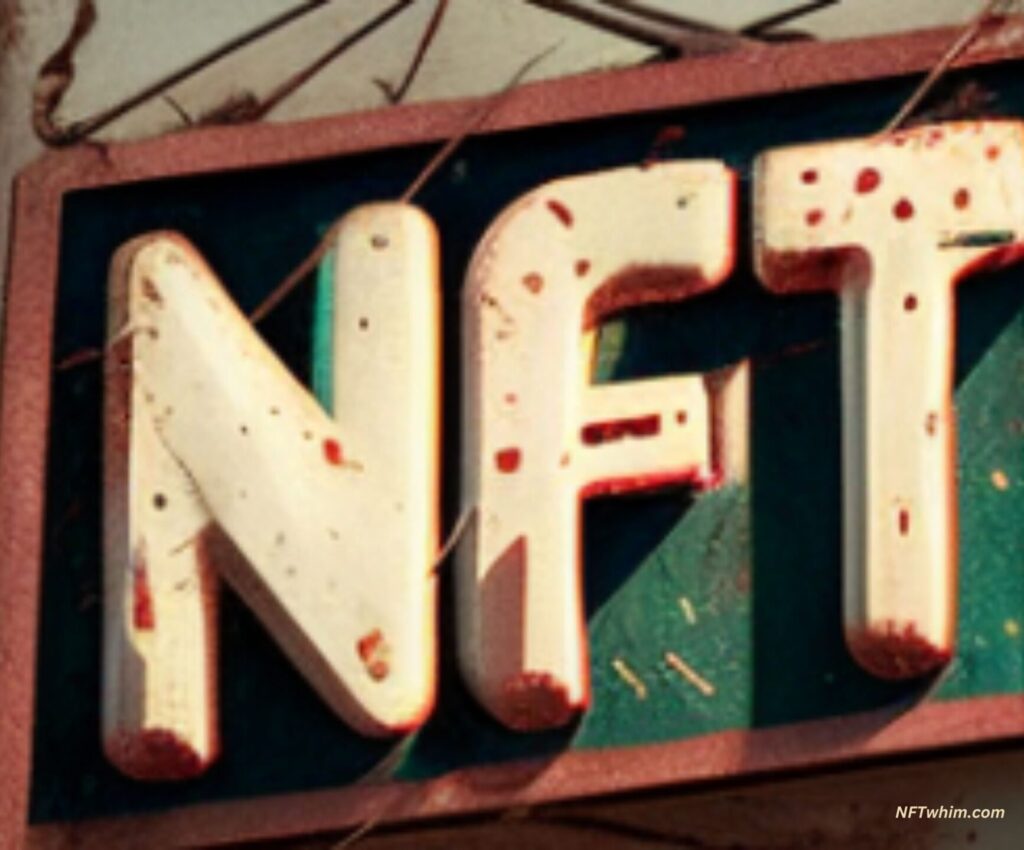
Conclusion
NFTs are a fascinating new development in the world of digital art and collectibles. They offer a way to verify ownership of a unique digital asset and have the potential to change the way we think about ownership in the digital age.
While there are challenges and controversies surrounding NFTs, they are a rapidly growing market, and it will be interesting to see how the technology develops in the future. As with any investment, it’s important to do your research and make informed decisions before investing in NFTs.
Whether or not NFTs are a good investment for you will depend on your financial goals, risk tolerance, and knowledge of the market. But for now, it’s clear that NFTs are here to stay, and they’re likely to have a significant impact on the future of digital ownership.
Robin
Author: Robin Olsson
Author Bio: I’m Robin and on this website, I share everything I’ve learned since getting into NFTs in 2021. I have a background in research and I’ve been in crypto for several years. You can read more about me here.
